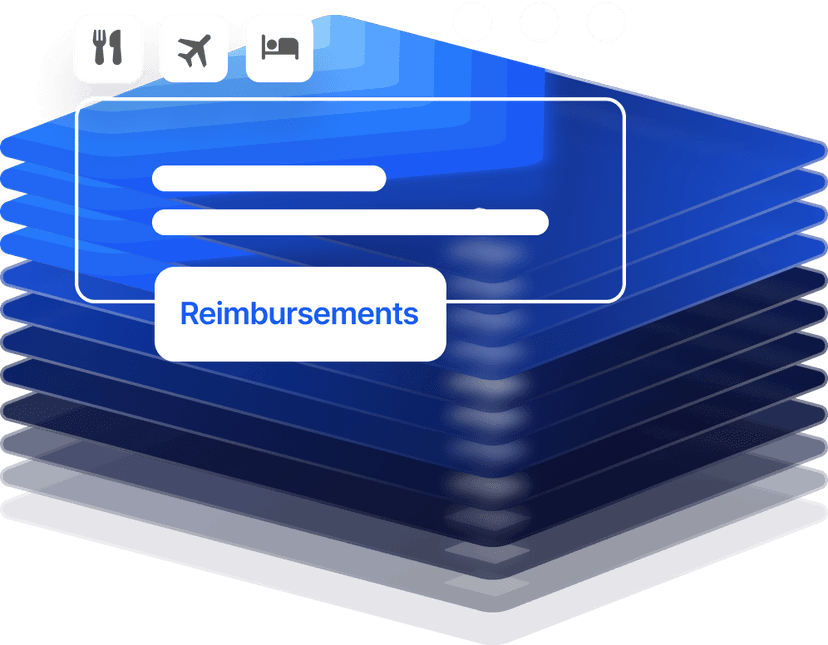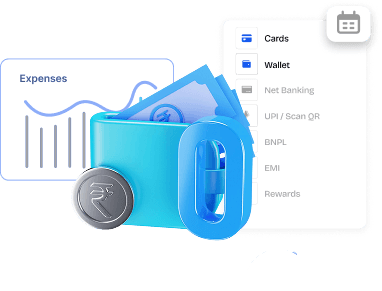
Approval Flows
Customize policy and approval flow according to business needs
Initiate real-time policy enforcement, automate approvals at multiple levels, and track expenses with a comprehensive dashboard.

Policies & Approval Flow That Works For Your Business
Built-in policy enforcement
Customizable workflows
Real-time approval visibility
Step-by-Step Guide to Policy & Approval Flows

01
Sign Up and Add Policy
Login to EnKash and go to the OfEx section to add policy.
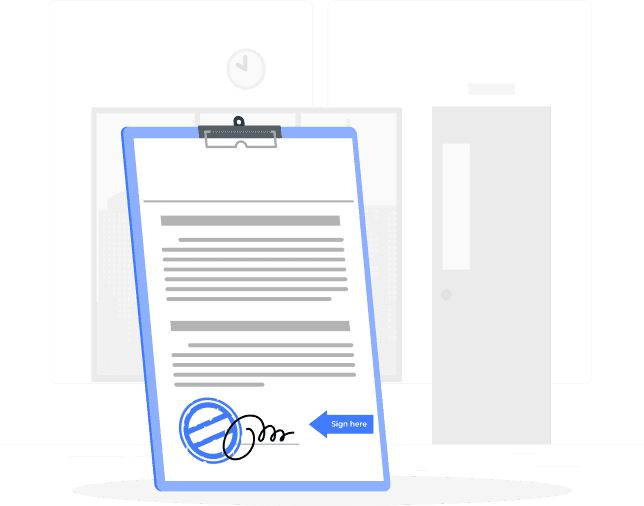
02
Create Policy
Enter the details required along with the amount limit and frequency to create a policy.
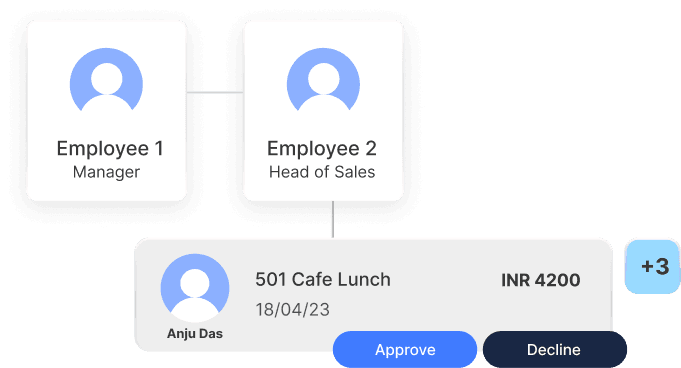
03
Define Approval Flow
Define an approval flow and link it with the policy. In case of no defined approval flow, default approval based on hierarchy will be set automatically.
Approval Flow To Bring Efficiency, Control & Transparency
Ease of use
With EnKash, policies can be created on the platform as per the company's requirements and can be viewed easily on the dashboard.
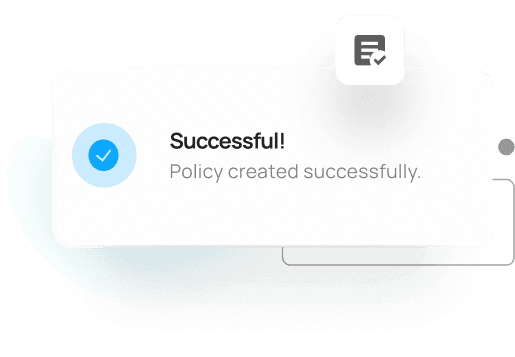
Policy Enforcement
Built-in policy enforcement and tracking features for different departments and employee grades to ensure adherence to spending policies.
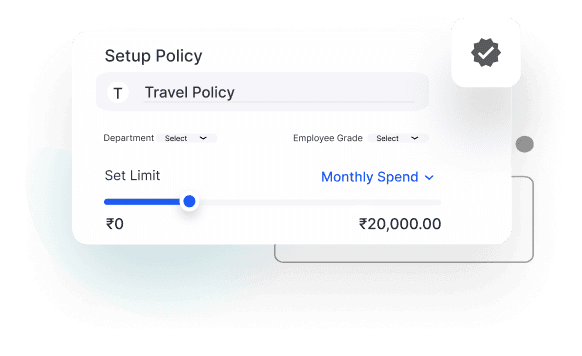
Alerts on Policy Breach
When an employee submits expenses exceeding policy limits, a warning is sent to the submitters and approvers. The approver can then reject the expense or request a correction.
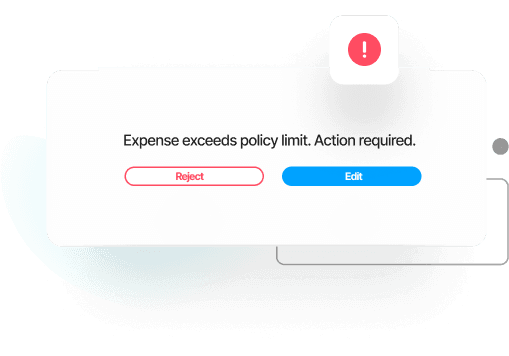
Approval Workflows
Automated and customizable workflows streamline the approval process, ensuring faster decision-making and reduced bottlenecks.

User Permissions
Role-based access control ensures that the designated people have the appropriate level of authority, enhancing security and transparency.
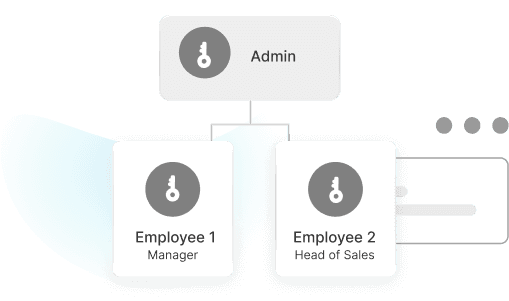
Transparency
Real-time visibility into the approval status of transactions provides transparency and accountability at every step.

Define approval flows for efficient expense management
Frequently Asked Questions (FAQs)
Have more questions?
01. What are approval workflows?
An approval workflow is an employee's systematic path to reviewing and authorizing expenses. It's the cornerstone of controlling spends, ensuring compliance, and promoting timely payments within an organization.
02. What do approvals mean in expense management?
In essence, these approvals entail the systematic review and authorization of business expenses before they are incurred. When employees make a company-related expense, they can request approval, which is assessed by a designated manager or supervisor. This process ensures that expenses align with company policies and budgetary constraints.
03. Why does my business need the approvals feature?
The approvals feature is indispensable for businesses seeking to control spends, ensure compliance, enhance visibility, streamline processes, and maintain oversight over critical financial decisions. It is a robust mechanism to allocate financial resources judiciously, maintaining budgetary constraints and preventing overspending.
04. How does the approvals feature help with audits?
The approvals feature is pivotal in audits, providing a transparent and meticulously documented record of expense approvals. It aids in creating a comprehensive audit trail that traces the entire approval process, simplifying audits and enhancing their effectiveness and thoroughness. OfEx integrates with this audit-enhancing feature, providing a structured and traceable approval workflow.
05. What are the consequences of not implementing an approval matrix?
Businesses without a structured matrix may incur uncontrolled and potentially wasteful expenditures, resulting in confusion, delays, and mismanagement of expenses, amplifying inefficiencies and hindering financial control. However, OfEx’s policy and approval flow module can help businesses avoid these adverse consequences by implementing a well-defined approvals matrix.
06. How will approvals help control spends?
Approvals help control expenses by setting spending limits. Approvals safeguard against unnecessary or excessive spending and ensure expenses remain within policy-defined budgets. Approvals provide transparency essential in identifying cost-saving opportunities, encouraging responsible spending, and promoting an organization's financial well-being.












